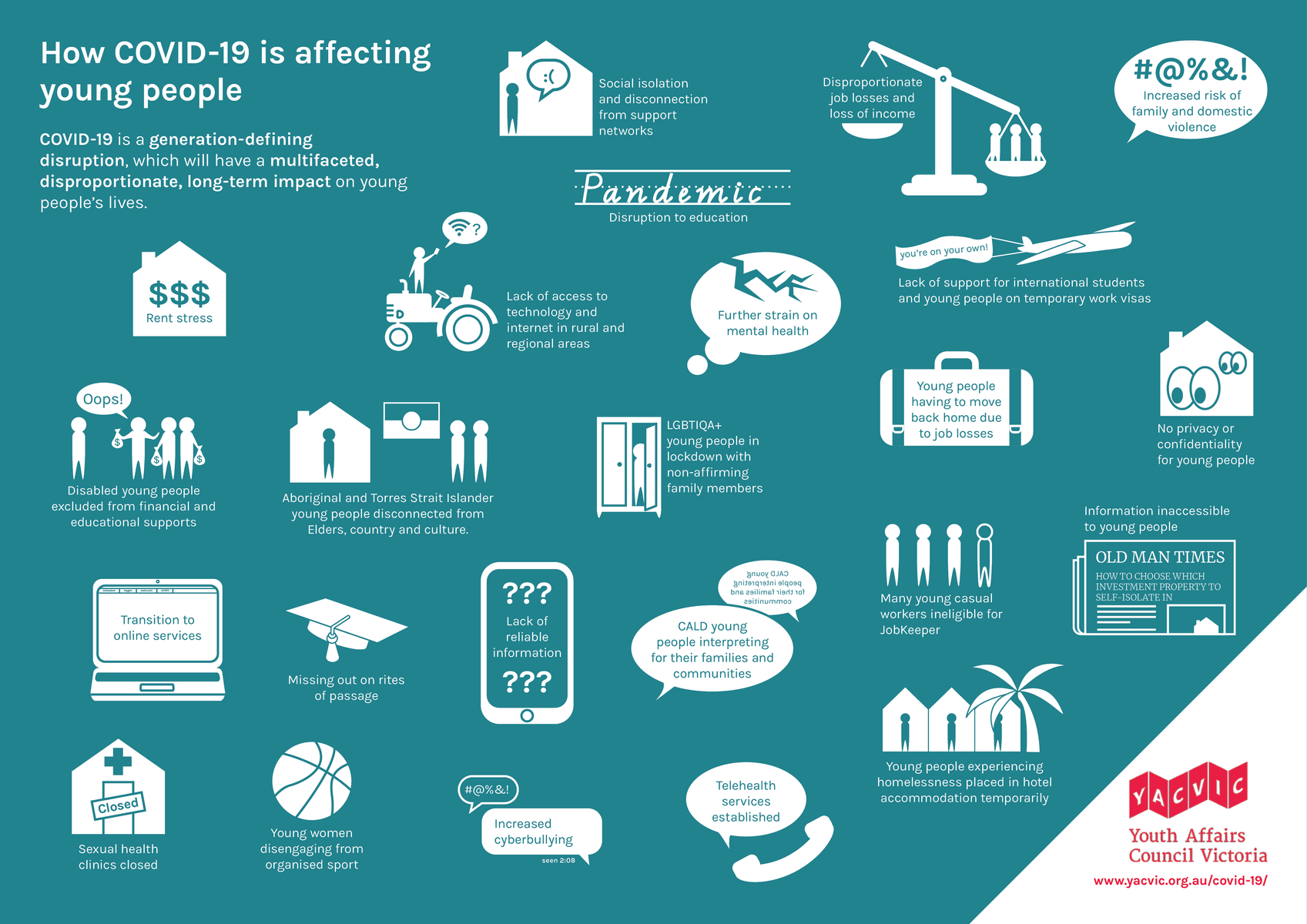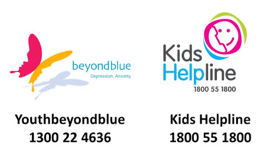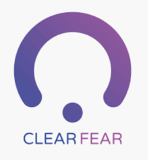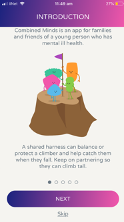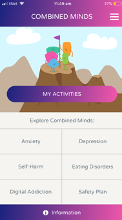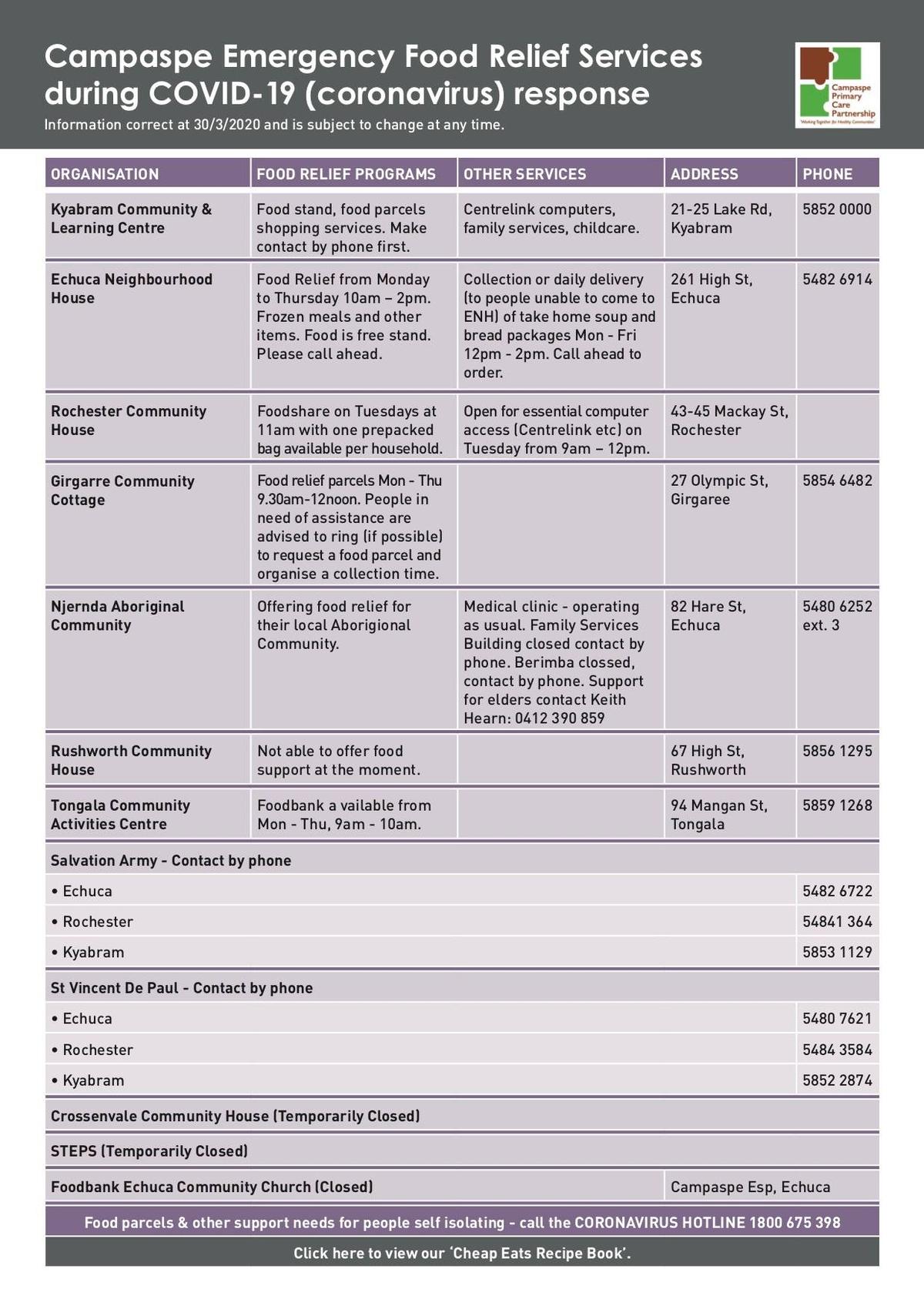Community and Wellbeing
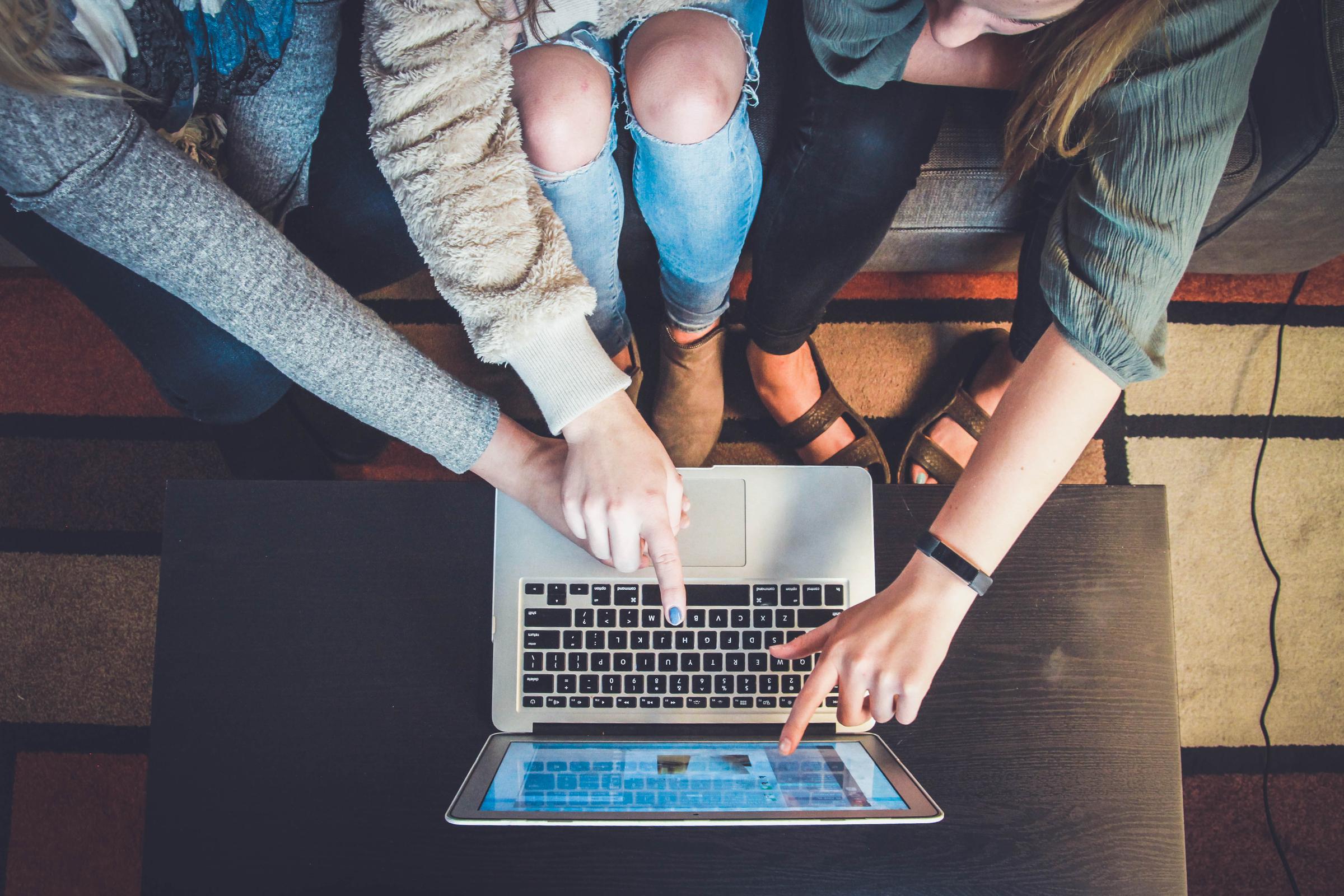
Staying Safe Over the Holidays
In the last couple of days we have been reminding all our students of the need to be safe. Here are the tips that we shared with students:
- Trust your feelings. If you feel that a situation is not right, move out of the situation. Go into a shop or use your phone to call a trusted adult.
- Be aware of your surroundings. In social situations, be alert to places and situations that may make you vulnerable. Again, if you are feeling uneasy, use your phone and call a trusted adult or friend.
- Walk confidently and alertly.
- Don’t accept rides from anyone you don’t know.
- Keep in contact with your friends and family. Let them know where you are. Send them a quick text.
- Stay with your friends.
- Walk together or in a group.
If you could take the time to remind your children of the importance of staying safe that would be great. We want you all to have a safe, happy and enjoyable break and look forward to seeing all our students back safely in 2021!
Carolyn Goode
Deputy Principal - Wellbeing
Some great resources
Have a look at some of these great resources from Dr Micheal Car Gregg.
https://schooltv.me/wellbeing_news/special-report-riding-corona-coaster
Podcasts for parents
There continues to be some really useful material available to assist you to support your children during these times. This link has some really interesting podcasts.
https://theparentswebsite.com.au/parenting-podcasts-you-should-hear/
The Murdoch Children’s Research Institute
Parenting can be challenging at the best of times, but COVID-19 has made things even more difficult.
Below are some tips from the Murdoch Children’s Research Institute to help with the stressors of COVID-19.
- Parental wellbeing during Covid-19
- Parental wellbeing during Covid-19
- How to maintain wellbeing in pre-schoolers during Covid-19
- How to maintain wellbeing in primary aged children during Covid-19
- How to maintain wellbeing in secondary schoolers during Covid-19
Murdoch Children’s Research Institute also have a podcast titled ‘Parenting in the age of coronavirus’. On the podcast, child health experts discuss the challenges parents are facing and they explore how you can best support yourself and your children so they can continue to learn, thrive and develop during this challenging time.
There is also a great podcast from Dr Coulson titled Navigating Covid-19 with Justin Coulson,
How coronavirus impacts young people
The infographic below gives us some idea of how coronavirus is impacting our young people.
Our tool which we developed during Remote Learning, has some valuable tips and advice for our students.
When you recognise any of the above signs, remind your children to refer to the tool or speak to your community wellbeing leader for support and advice. Please find the link to our tool: http://tiny.cc/wellbeingduringcovid19
Wellbeing advice and support for families during COVID-19
We encourage every family to make mental and emotional wellbeing a priority. Find some time to play games, relax and enjoy some time together - all vital for our mental health (and supportive of our immune systems, too!)
We have put together a list of resources to help if things get tricky.
Talking about COVID-19 with your children (from https://www.abc.net.au/news/2020-03-04/how-to-talk-to-children-about-coronavirus/12020324)
- Assess what they know already. Find out what they understand so you know where to start.
- Don’t dismiss or minimise your child’s fear – validate their concerns. It is reasonable to be concerned because they have probably never experienced anything like this before.
- Make your explanation age-appropriate, provide facts, and keep it positive. Tell them scientists and doctors are working on treatments. Reassure them that right now the risk of getting coronavirus is low and most people only get cold-like symptoms.
- Give them some control over what is happening. Teach the importance of handwashing and how to do it properly, remind them of their responsibility to protect others from coughs and sneezing. If they are very young, make a game of having good hygiene.
- Make it an opportunity to learn. Talk about how our bodies fight viruses. Understanding the science can alleviate fears. Get them to do their own fact-checking on what they have heard at school.
- Remind children that no-one should be ostracised or bullied because they have been associated with the virus.
- Do not make it one-time conversation. Keep checking in to see if they need reassurance or if they have any new questions.
Further information:
Use only reputable sources for information, such as government and ABC sites.
Myth-busting COVID-19
https://www.betterhealth.vic.gov.au/blog/blogcollectionpage/novel-coronavirus-mythbusting
Talking to kids about COVID-19
https://radio.abc.net.au/programitem/pgd6o3QQq6
Looking after your mental health during a pandemic
Headspace - how to cope with stress related to COVID-19
https://headspace.org.au/young-people/how-to-cope-with-stress-related-to-covid-19/
Support Services for Kids
Headspace - lot of great information and support for teens https://headspace.org.au/
Kids Helpline - 1800 55 1800 (for telephone or online counselling for teens and children).
Support services for parents
KCLC Family Support Services Program 5852 0000 - https://www.kclc.com.au/family-services-support
Parentline 13 22 89 – counselling and support for parents and carers of children aged 0-18, 8am-midnight, 7 days a week
Lifeline 13 11 14 (24 Hour telephone counselling)
Centre for Non-Violence (Loddon area) 1800 884 292
Emergencies: Call 000
Visit your GP when open/available for more ideas for mental health support.
Mental Health Regional Triage Service 1300 363 788.(24 hours a day, 7 days per week)
Apps for the family
Calm
Smiling Mind
Clear Fear (for managing worry and anxiety)
Combined Minds (for families of those who need support with their mental health)

